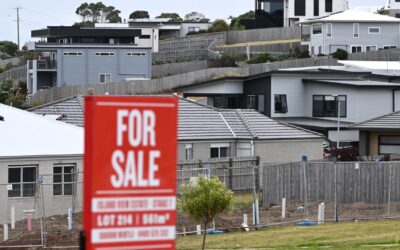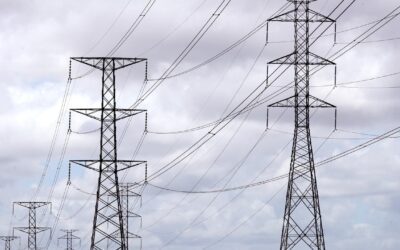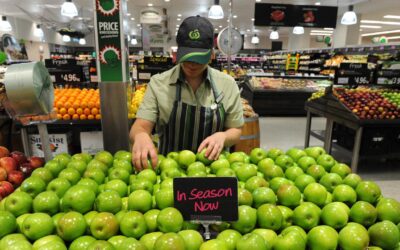Sorry, that’s old news…
You’ve found an older news story. We delete stories from our AAP News Feed after two months. But fear not, here’s today’s news!

Coles blames inflation for price rises during its "down down" campaign, denying it misled customers in a case ...

The government has been urged to draw a clean break on any changes to taxes on investment properties as it ...

Australia has the energy resources to host data centres and they can be built to play nicely with the electricity ...

Demand for travel remains resilient, Flight Centre boss Graham Turner says, after the group lifted interim ...

The era of manually written code is over, according to the boss of Australia's largest locally listed tech stock, ...

Wagering giant Tabcorp has absorbed the $10 million impact of winning punters in the first half of 2025/26, thanks ...

A supermaket giant's first-half profit was cut in half after a court ruling left it owing around $710 million to ...

Warner Bros Discovery has opened the door to Paramount after its CEO raised the offer in its tug-of-war with ...
No results found.
Background image courtesy victoriancollections.net.au